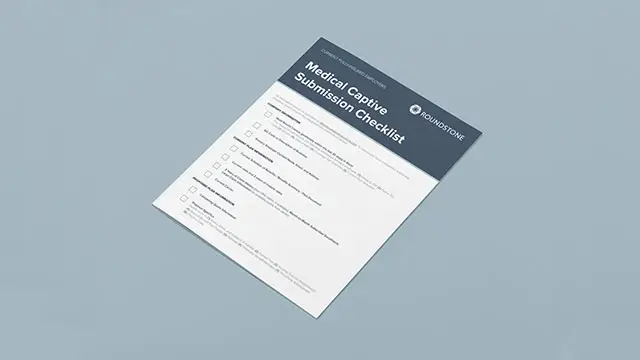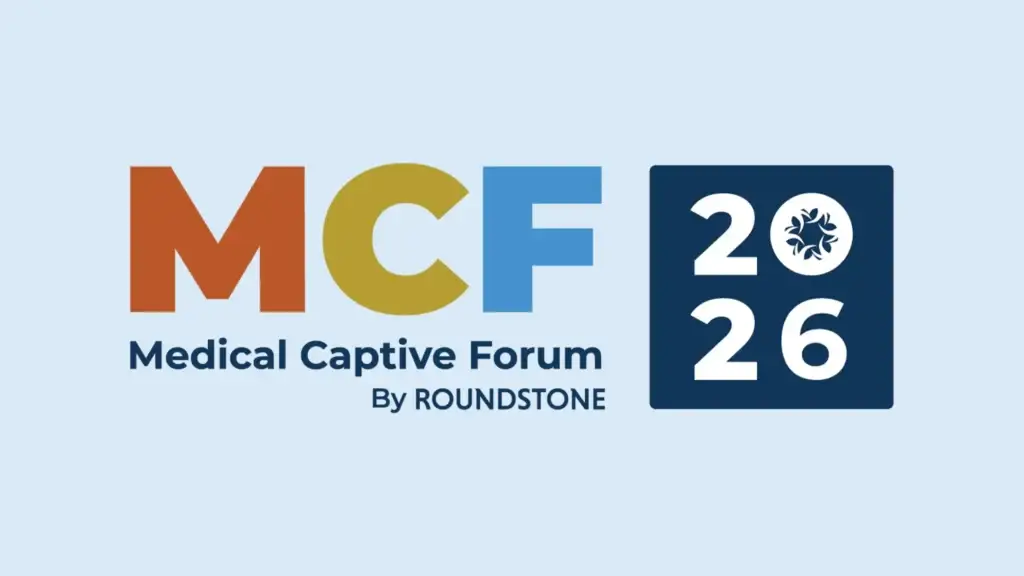What is Consumerism in Business Healthcare?

Consumerism in Healthcare
By Nate Szabo
In its most basic terms, consumerism refers to the theory that spending money and consuming goods is good for the economy. So how do we translate that to healthcare? Consumerism in healthcare focuses on putting the purchasing power in the hands of the health plan participants–your employees.
The benefits of educating and empowering your employees to make smarter benefits decisions:
- Control escalating health care costs;
- Foster closer communication between doctors and patients;
- Increase well-being (and productivity!)
When it Comes to Healthcare Decisions That Affect the Cost of Employer Health Insurance, Convenience is King
According to the NRC’s annual market insights study, 51.3% of consumers think convenient, easy access to care is the most important factor in their decision-making. Convenience matters more than brand reputation (39.8%), more than quality of care (34.6%), more than the interpersonal conduct of doctors and nurses (44.2%), and even more than insurance coverage (46.4%). In fact, 80% of patients say that they select providers based on convenience factors alone.
Consumers are demanding that their healthcare offers the same level of convenience they experience shopping on Amazon or booking a flight. Consumers want options and access to easy-to-use tools to allow them to manage their own health.
So, let’s take a look at some convenient tools that help drive consumerism in healthcare.
Gamification
Expected to continue to grow, and driven by the continued advancement of technology, gamification is about creating fun and engaging experiences that turn users into players, ultimately improving health literacy. By offering health tracking programs that show progress bars to measure success, consumers can push themselves to improve health and have fun doing it. They can share their progress with friends and family. Some apps even offer badges and medals to reward progress and acknowledge milestones along the way.
Online/Mobile Scheduling
For years, consumers have counted on online reviews to help make their health provider choices. Now they are seeking online solutions that allow them to click and schedule an appointment on-demand. Online and mobile scheduling are leading to efficiencies in both patient and staff time—and consumers are demanding these conveniences.
Studies have shown that online scheduling improves patient engagement and reduces no-shows. Patients are more likely to attend their appointments if they have greater visibility into, and control of, the scheduling process.
This same study revealed that over a third of consumers actually make their decisions among competing services based on the ability to schedule online.
Telemedicine and Telehealth
The words Telemedicine and Telehealth tend to be used interchangeably. They both refer to the use of technology to provide health services from a distance. While telemedicine refers to remote clinical services, telehealth refers to remote non-clinical services.
Services commonly provided as a part of telemedicine programs:
- Live videoconferencing between a patient and a provider;
- “Store and forward” videoconferencing, used for transmitting a recorded medical history;
- Remote patient monitoring (RPM) for recording of patient information in one location from another. An example is a patient wearing a heart monitor at home that is transmitting readings to their physician.
- Mobile health (mHealth) where health information can be shared via notifications and text messages. (This can include anything from general information to disease outbreak alerts.)
Concierge Medicine
Concierge medicine charges a monthly fee for regular access to your doctor. Sometimes referred to as “retainer medicine”, this benefit may also include additional out-of-pocket costs on top of the monthly fee. The advantage is that the doctor is familiar with the patient’s entire medical history and can advise on overall health, making important connections and diagnoses. Concierge medicine can actually be cost effective because the extra time spent with your doctor allows for preventative medicine.
Whether it is gamification, mobile scheduling, telemedicine, or concierge medicine, the end result of consumerism is transparency and engagement. This added engagement has consumers taking control of their health benefits.
As your partner, Roundstone’s Cost Savings Investigation Team (CSI) will guide you toward the right engagement tools to help employees get the most out of your health plan and control out of pocket costs.
Are you doing enough to help ensure your employees are actively consuming their health insurance plans?
Contact Roundstone today for a consultation.







